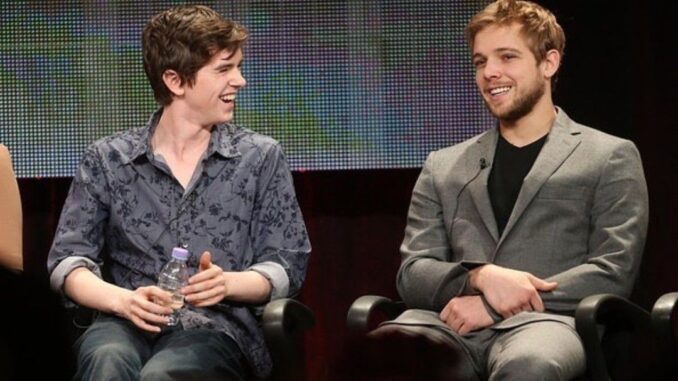
When The Good Doctor first premiered, few expected it to become one of the most impactful medical dramas of the decade. But thanks to Freddie Highmore’s brilliant and deeply empathetic portrayal of Dr. Shaun Murphy — a young surgeon with autism and savant syndrome — the series didn’t just entertain; it transformed the conversation around representation, empathy, and what it truly means to be exceptional.
At its core, The Good Doctor is more than a story about medicine. It’s a story about perception — how society sees those who think differently and how those individuals, in turn, redefine what “normal” looks like. Shaun Murphy’s journey from an underestimated resident to a respected surgeon mirrors a broader cultural shift: one that champions neurodiversity and challenges stereotypes that have long dominated television.
Freddie Highmore’s performance is the beating heart of that change. His interpretation of Shaun avoids clichés and tokenism. Instead of reducing autism to a single set of traits, he crafts a character rich in nuance — brilliant yet vulnerable, logical yet loving. His portrayal invites viewers to see Shaun not as a diagnosis, but as a whole person whose experiences, strengths, and struggles are deeply human.
Before The Good Doctor, few mainstream shows had successfully centered a neurodivergent protagonist without sensationalizing their condition. Shaun’s character changed that. The series worked closely with consultants from the autism community to ensure authenticity — and it paid off. Many viewers, especially families of autistic individuals, have praised the show for bringing visibility and empathy to a group often overlooked or misunderstood.
But Shaun’s legacy extends beyond representation. His presence in the hospital challenges systemic biases — showing how inclusion enriches professional environments. Colleagues who once doubted him learn that difference isn’t a weakness; it’s a new way of seeing the world. His meticulous approach to surgery, combined with his emotional growth across seasons, demonstrates that diversity in thought and perception can lead to innovation and compassion.
Highmore’s own advocacy further strengthens this impact. He has used interviews and public appearances to discuss the importance of portraying characters with authenticity and dignity. “Shaun isn’t defined by his autism,” Highmore once said. “He’s defined by who he is as a person — and that’s the point.”
The ripple effect of The Good Doctor can now be seen across television. More shows are embracing neurodiverse storytelling, consulting with experts, and hiring actors who bring lived experiences to their roles. Shaun Murphy’s influence continues to inspire — not through spectacle, but through sincerity.
In the end, Shaun Murphy’s legacy isn’t just about changing how television portrays autism; it’s about reminding audiences that brilliance and kindness can coexist. He taught millions that empathy is the truest form of intelligence — and that the most extraordinary doctors, and people, are those who dare to see the world differently.
